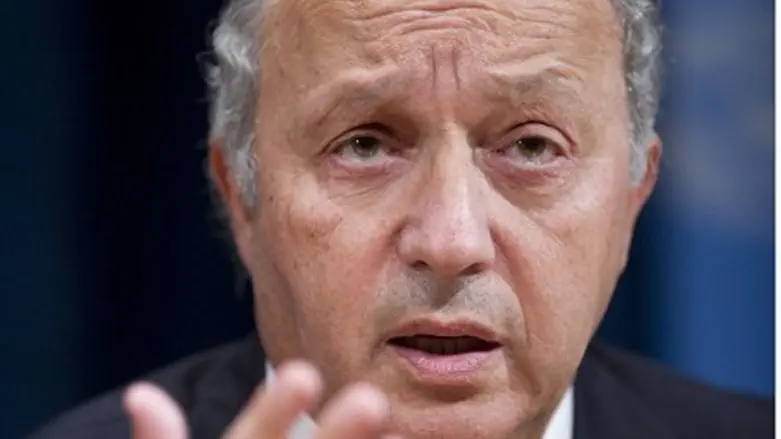
French Foreign Minister Laurent Fabius, who represented France in the nuclear talks between Iran and world powers, revealed on Friday that his nation had rejected an original version of the deal reached the day before for not being "solid enough."
In an interview with Europe 1 radio cited by Fox News, Fabius said he had tried to hold out for stronger terms, but when the Iranian delegation threatened to leave the talks he was forced to capitulate.
France wants a strong deal "to prevent other countries in the Gulf such as Saudi Arabia from embarking on nuclear proliferation," Fabius said.
Speaking about the framework deal that was reached in Lausanne, Switzerland on Thursday, the foreign minister called it a "very important" step, but said "the end of the road is the end of June," by which time a final deal is to be reached.
Fabius's comments come after the Wall Street Journal released an in-depth report Thursday night, citing numerous current and former US representatives in the negotiations, and showing how US President Barack Obama's administration gradually gave up on its goals during the course of the talks from September 2013.
The White House originally aimed at convincing Iran to take apart much of its nuclear infrastructure, but Iran responded firmly in the negative.
Adopting the Iranian position
One Iranian official said the nuclear program is his country's "moon shot," likening it to the US space program of the 1960s in symbolizing national advancement.
After that point, the report indicates the US conceded to the notion that a deal would allow Iran to keep enriching uranium, even though as Israel has pointed out none of the 17 states with peaceful nuclear programs enrich uranium, a process needed in creating nuclear bombs.
Having resigned itself to enrichment, the US focused its efforts on extending Iran's breakout time needed to attain a nuclear weapon, with a year being settled upon as a safe enough time frame according to the report.
Therefore America made great concessions to Iran, with some of them angering their negotiating partners - particularly the French.
As a result, the deal has Iran keep all its nuclear facilities and continue enriching uranium, albeit at a reduced rate.
Experts have warned Iran will be able to continue developing its centrifuges in the deal, and threatens to be able to produce nuclear weapons in a mere three weeks.
The talk of America making concessions and adopting Iranian demands confirms the reports of an aide to Iranian President Hassan Rouhani who defected, and said "he US negotiating team are mainly there to speak on Iran’s behalf with other members of the 5+1 countries and convince them of a deal."